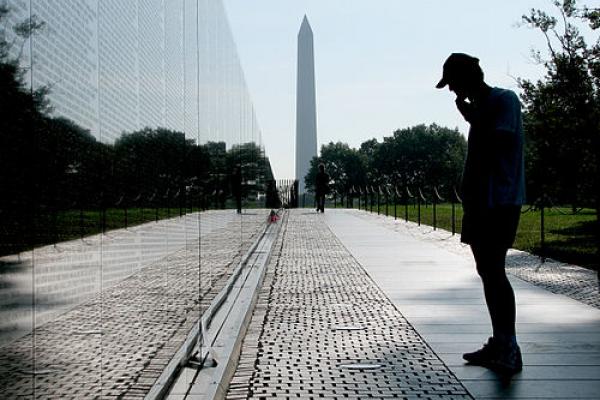Nov 7, 2011
Despite all that I knew 40 years ago about the policy and politics of the Vietnam war, I learned much more by simply listening to veterans. Late at night, often in bars, I heard about the war from the experience of those who fought it. And that taught me more than everything I had ever read. With tens of thousands of vets coming home from Iraq in the next two months -- and many more returning from Afghanistan over the next two years -- we'll have plenty of opportunities to say thanks, and then just listen.
Read the Full Article

Already a subscriber? Login
